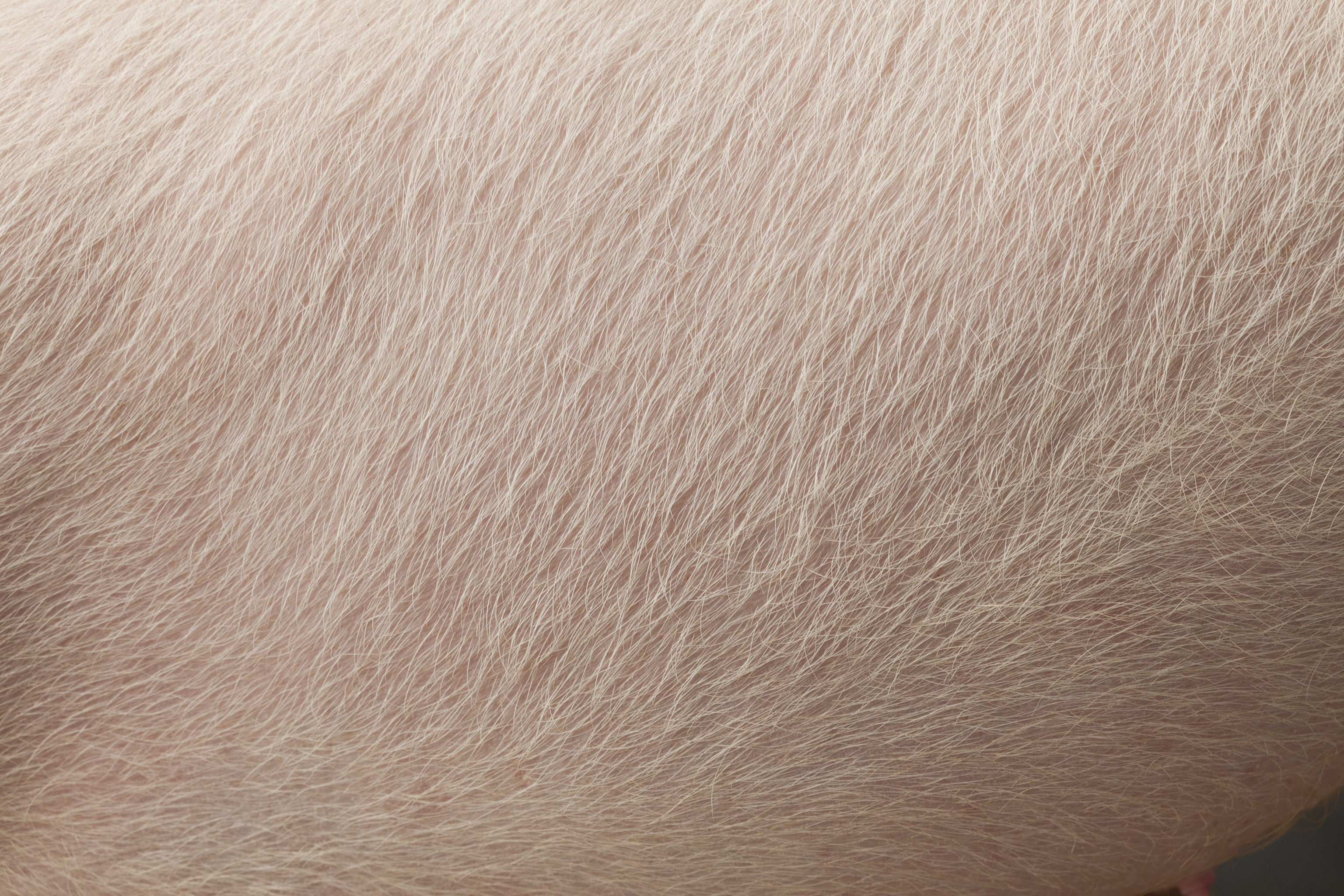Abstract
A total of 125 crossbred pigs with an initial body weight (BW) of 7.66 ± 1.30 kg were randomly distributed into one of five dietary treatments. Each treatment had five replicate pens with five pigs per pen. Treatments were as followed: (1) CON, control diet; (2) zinc oxide (ZO), CON + 0.3% ZO; (3) ZOM, CON + 0.3% ZO + 0.1% microencapsulated organic acids and pure botanicals (MOP); (4) microencapsulated zinc oxide (MZO), CON + 0.03% MZO; and (5) MZOM, CON + 0.03% MZO + 0.1% MOP.
The MZO group had higher (P = 0.03) final BW than ZO group and also had higher (P = 0.04, 0.01) average daily gain and gain/feed ratio compared with ZO group during days 15–34 and throughout the experimental period. The MZO and MZOM had higher (P < 0.05) apparent total tract digestibility (ATTD) of dry matter (DM) and energy than ZO. Less (P < 0.05) feces Escherichia coli shedding was observed in the ZOM and MZOM diets compared with CON; the MZO had lowered (P = 0.001) zinc level in feces than ZO and CON.
In conclusion, results indicated that supplementation with 0.3% MZO could improve the growth performance and ATTD of DM; inclusion of 0.1% MOP could decrease feces E. coli shedding and also decrease the zinc level in feces in weanling pigs.For more information: marketing@vetagro.comRead the full text here.









